Life

Educators and Parents, Sign Up for The Cheat Sheet
Weekly updates to help you use Science News Explores in the learning environment
Thank you for signing up!
There was a problem signing you up.
-
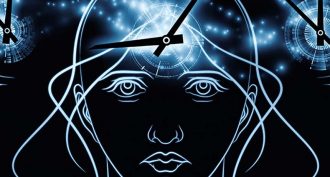 Brain
BrainRespecting the body’s clocks
Daily rhythms affect everything from the time we wake to how well we perform in sports.
-

-
 Microbes
MicrobesThe power of microbes
A living animal is never alone. Its body — like yours — is home to trillions of microbes, or tiny single-celled organisms. Those microbes aren’t just hitchhiking. They can play an important role in separating species, researchers now report.
-
 Animals
AnimalsAmputated ‘finger’ tips grow back
Both toenails and toe tips grew back in mice, thanks to special ‘stem’ cells living beneath the nails.
-
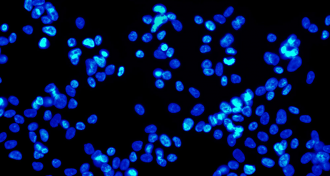 Life
LifeExplainer: What is a stem cell?
Special cells have ability to turn into several different types
-
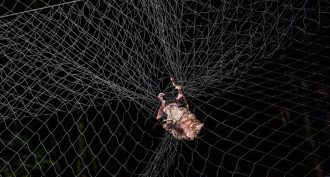
-
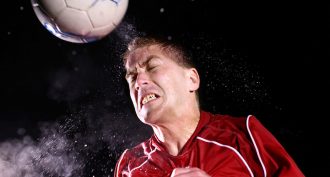 Brain
BrainHeaders and memory loss
Soccer players who frequently use their heads score worse on memory tests.
-
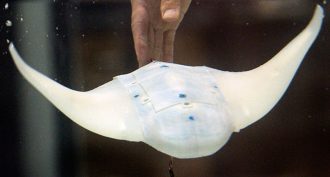
-
 Health & Medicine
Health & MedicineInfection time
Disease is more severe when it hits in the morning, at least in mice.
-
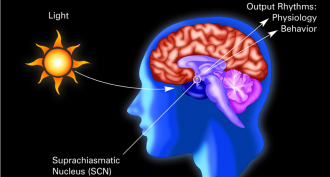 Brain
BrainExplainer: Our bodies’ internal clocks
Biological clocks determine hunger, sleepiness and other daily rhythms.
-
 Health & Medicine
Health & MedicineFlu in the air
Germs tiny enough to pass through surgical masks may cause half of all cases.
-
 Plants
PlantsOld, cold moss grows again
Mosses are mini but mighty: Even after centuries buried beneath a glacier, some of these small, flowerless plants can regrow.